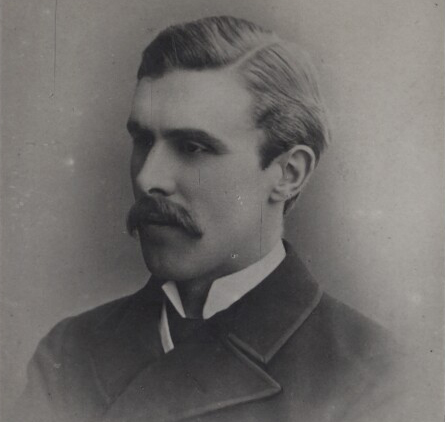Divisions in Irish unionism grow deeper
Dublin, 27 January 1919 - The fall-out from the recent general election continues with the news that Lord Midleton has resigned from the Irish Unionist Alliance and founded the Anti-Partition League.
The decision to establish a new unionist organisation followed a large meeting of southern unionists - those based outside Ulster - at Molesworth Hall in Dublin, chaired by Lord Midleton. At this meeting it was proposed to exclude Ulster members of the Irish Unionist Alliance from deliberations where they were expected to form a policy on the future government of Ireland that might include the ‘possible exclusion of any part of Ireland’. Lord Midleton and his supporters were defeated by an overwhelming majority
The Irish Times, deploring the split in unionism, has argued that if a partition bill is passed the interests of northern and southern unionists will ‘cease to be reconcilable’. And all southern unionist were ‘convinced that partition would be absolutely fatal not only to their interests, but to the peace and welfare of the whole country’.
Irish Centre Party
Mr Stephen Gwynn, the former Irish Party MP, has also established
a new political party; the Irish Centre Party. The party espouses
open and constitutional methods and advocates for self-government
for Ireland within the empire, under the control of a national
parliament dealing with national affairs.
Mr Gwynn’s programme also calls for provincial self-government, whereby regional assemblies would have a certain amount of autonomy to write their own legislation.
A surprising supporter of the new enterprise is General Sir Hubert Gough who has joined the organising committee of the new party.
General Gough has been closely associated with Sir Edward Carson’s Ulster movement, but, in a letter to Mr Gwynn, outlined his belief that something needs to be done to halt the policy of drift which, he argues, is ‘only leading the country to moral, if not material, ruin’.
General Gough also believes that the creation of a ‘Federal United States of Ireland within the British Empire’ represented ‘constructive statesmanship’ far superior to the ‘merely destructive’ attitudes of different sections in the past.
[Editor's note: This is an article from Century Ireland, a fortnightly online newspaper, written from the perspective of a journalist 100 years ago, based on news reports of the time.]





















